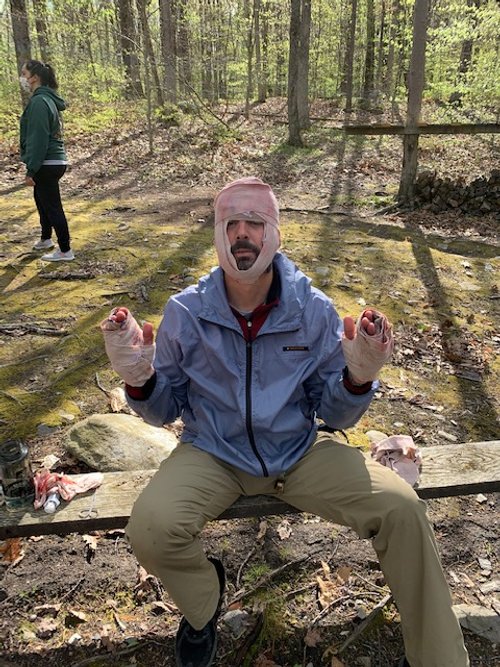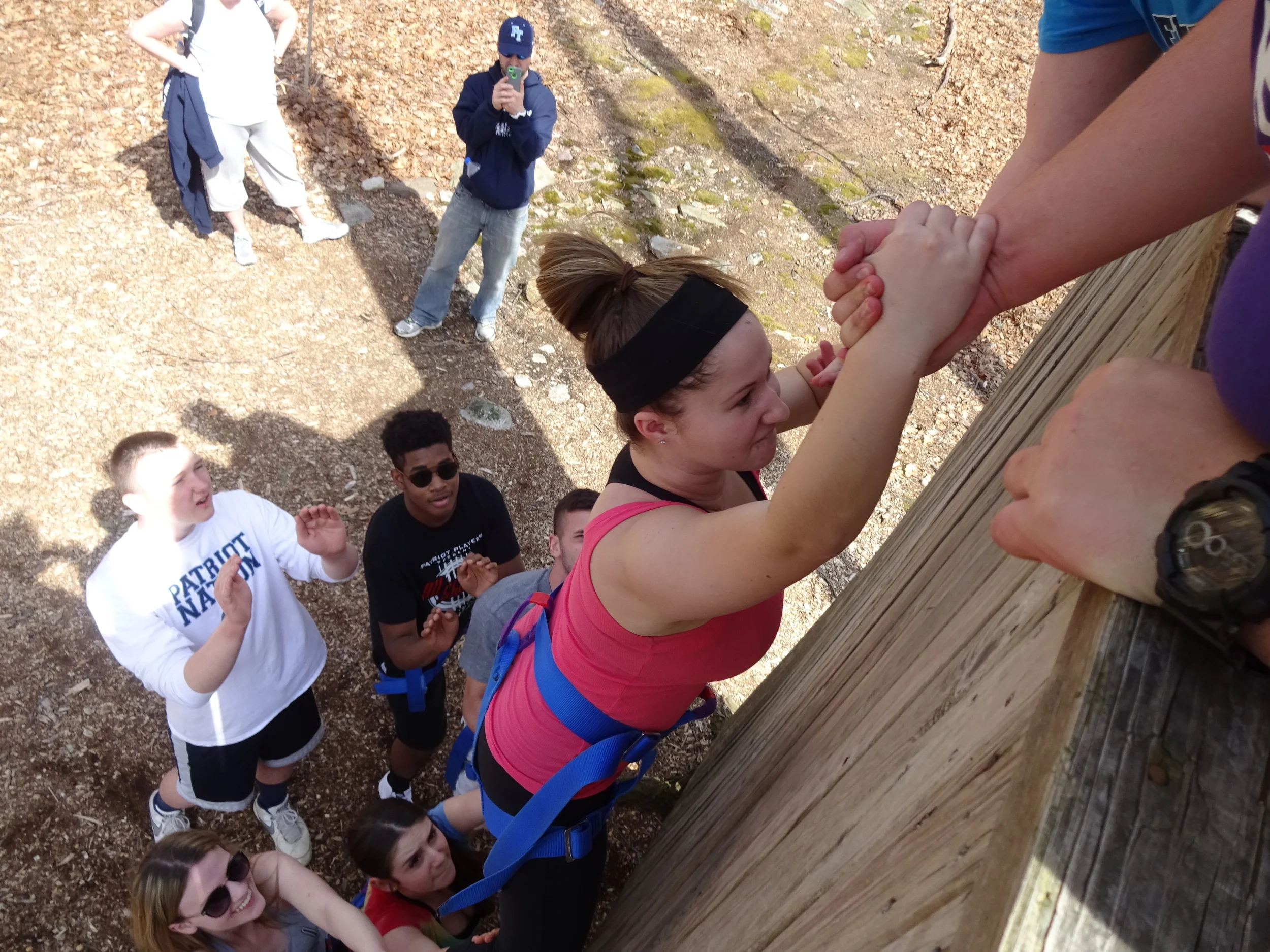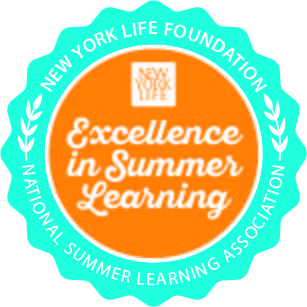Indigenous Peoples Day 2021
/This is the first Indigenous Peoples Day to be earmarked by a U.S. Presidential Proclamation. It begins: “Since time immemorial, American Indians, Alaska Natives, and Native Hawaiians have built vibrant and diverse cultures — safeguarding land, language, spirit, knowledge, and tradition across the generations.”
The document does not omit the legacy of “violence, displacement, assimilation, and terror wrought upon Native communities and Tribal Nations,” and enumerates several ways in which the actions of the government have harmed indigenous people in the U.S. It also points out the disproportionate impact that COVID-19 has had on Native communities. To this point, an alarming statistic from The Guardian indicated that when “compared to white children, American Indian/Alaska Native children were 4.5 times more likely to lose a parent or grandparent caregiver” to Covid-19. This terrible and permanent legacy of the pandemic is painfully similar to the forced or coerced removals of Native children from their birth families that occurred regularly until the passage of the Indian Child Welfare Act. In an organization focused on the growth and support of young people, these parts of American history are especially heartbreaking.
Given this long and painful legacy, of which these two small examples are just the tip of a proverbial iceberg, it may seem antithetical to “celebrate” Indigenous Peoples Day. However, a “[recognition of] Indigenous peoples’ resilience and strength as well as the immeasurable positive impact that they have made on every aspect of American society,” and the ongoing efforts for the protection of their cultures and communities are certainly cause for celebration.
As part of PBC’S commitment towards creating a more equitable and just community, part of our welcome speech to each group that visits the Blairstown Campus is a Land Acknowledgement, which shares information about the Native people who originally inhabited the region. It reads: “The Princeton-Blairstown Center recognizes that we occupy traditional ancestral lands, obtained by coerced cession, of the Munsee Lenni-Lenape people, a people that are still here, continuing to honor and bring to light their heritage. We honor and acknowledge that the land we occupy stands on part of their ancestral homeland.”
This day is also a call to all people to take steps toward long-delayed progress and justice for Native people and their communities. While there are lots of suggestions about how to observe the day with respect and meaning, consider something as simple as examining common words or phrases that carry harmful or racist connotations and working to eliminate them from your vocabulary.
Happy Indigenous Peoples Day!





















